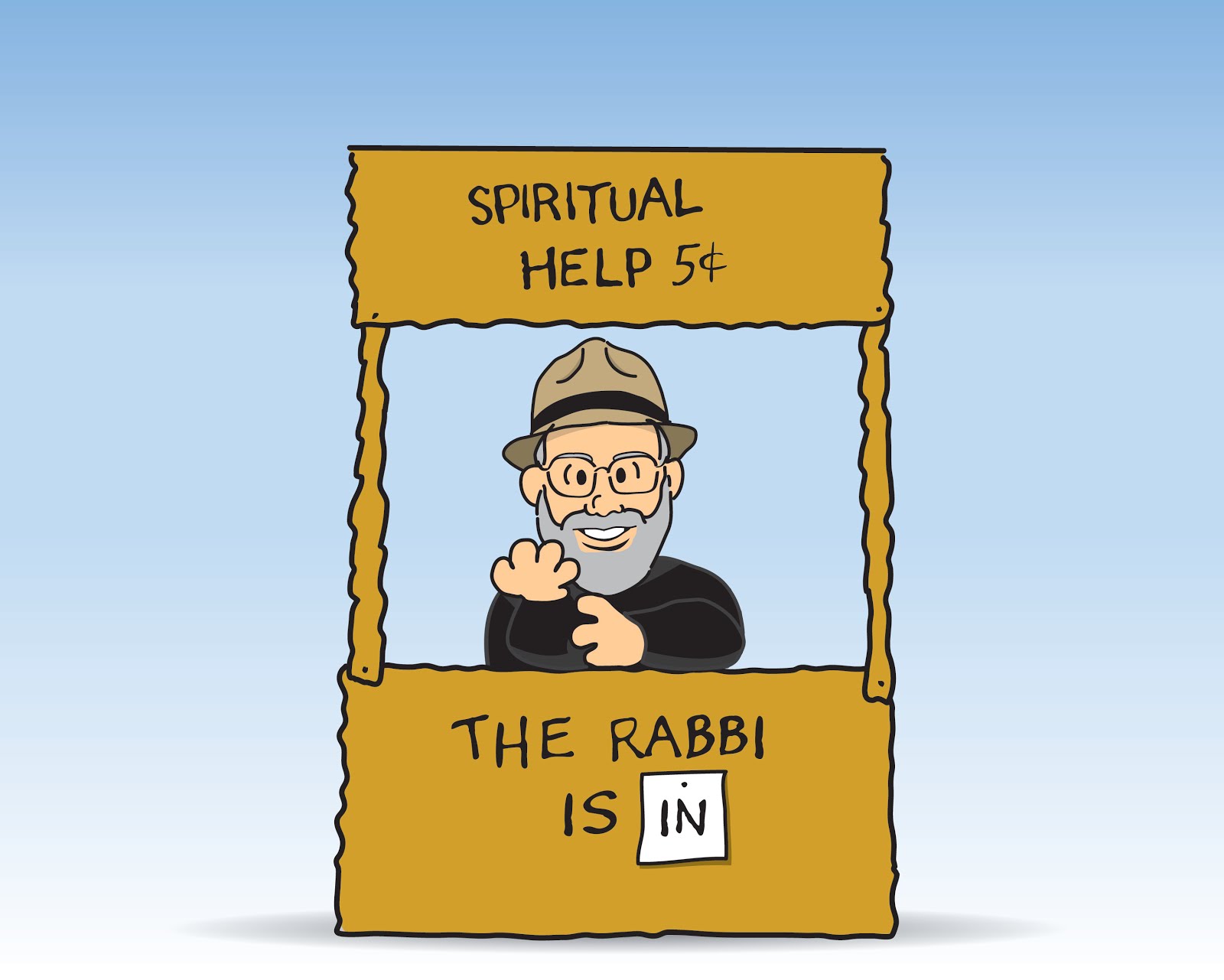I received many thoughtful emails regarding my post on
speaking Christianity. One asked what a Jewish response to Newtown might be.
There was, of course, one Jewish boy, six-year-old Noah Panzer (alav hashalom) murdered in that
slaughter, and I don’t know what his rabbi said to his parents or to the
community. I don’t plan to address that. Instead I want to respond from a
broader base, one that might highlight a difference between Judaism and
Christianity.
Christianity and Judaism share a common theme.
Centuries before King Herod’s efforts to find and murder the
newborn King of the Jews, Pharaoh sought to do the same to Moses. Jewish
tradition tells us that, like Herod, Pharaoh too was warned that a liberator
was about to be born among the Hebrews, and his mass slaughter of all newborn Hebrew
boys was an effort to kill this would-be savior.
Both Moses and Jesus survive to confront their respective
versions of the domination system: the ruling plutocrats who control others through
violence and intimidation, strip people of life, liberty, dignity, and property,
and mask their evil in the name of good, claiming that God wills it, and
worshipping Pharaohs and Caesars as divine.
But here our stories diverge: Jesus dies at the hands of
evil. Moses does not. The victory of Jesus is his resurrection, not the
overthrow of Rome. The resurrected Jesus leaves Rome intact. Jesus’ kingdom is
no longer of this world, and Christianity turns toward the afterlife for justice
and vindication. Any hope that the followers of Jesus would overthrow the
domination system ends when they become the Holy Roman Empire, and find
themselves perpetuating domination in the name of the very one who died
opposing it.
Moses, on the other hand, led his people (Hebrews and the
Gentile mixed multitude) out of the domination system into the wilderness and
ultimately into Canaan where his God had commanded him to establish a new world
order based on distributive justice and compassion for the poor and powerless.
Of course as any ancient Canaanite or contemporary Palestinian will tell you,
Moses’ people have yet to achieve God’s ideal, but at least they are called to
try.
Where Christians are called to find hope in the midst of
horror, Jews are called upon to be that hope. Where faith in the Christ Child
is faith in a new world sometime in the future; trust in Moses is trust in our
capacity to create that new world today.
So what is a Jewish message to the people of Newtown? First,
grieve. In Judaism we have a powerful system of grieving. We begin with a week
of intense mourning, followed by a month of testing our capacity to return to
life even as the tug of the dead pulls at us. Then we have eleven months of
slowly making peace with our new reality, never forgetting the dead but turning
our attention back to the living, and life itself. And then, on the anniversary
of the death, we memorialize our dead, and remember them for a blessing.
So I would say to the people of Newtown to first grieve
without restraint. Shut the town down (figuratively if not literally) for a
“week” (however they define this time). Then take the next eleven months to
rethink what it is to be a town, to look at the evil embodied in our civic,
corporate, media, and even religious lives. Look to where we are caught up in a
domination system that demonizes the other and oppresses the powerless. Not statewide,
not nationally, but locally. And work together to reinvent Newtown as a new
town. To leave the world of Pharaohs and Herods, and the organizations that
support them, and create something new: a new way to be a community based on
distributive justice, compassion, and the dignity of every being.
And then to begin implement this dream as best they can, and
in this way be a light unto the peoples of America.
The emails I am receiving urge me to trust God, and to have
faith that God has a plan for Newtown. I don’t doubt this. I only suggest that
the people of Newtown are the vehicle for God’s plan.
So I would say this: Don’t look to God to make this right. God
is looking to you to make things right. Don’t wait for the NRA or Congress or the
Connecticut state legislature to change, make the change yourselves. Take up
your cross—the death of your children and their teachers—and leave the insanity
of Herod and Pharaoh and the leaders of the domination system who masquerade as
protectors of liberty, and transformation in your own town. Show us the way,
because if you wait for us, you will wait forever.
